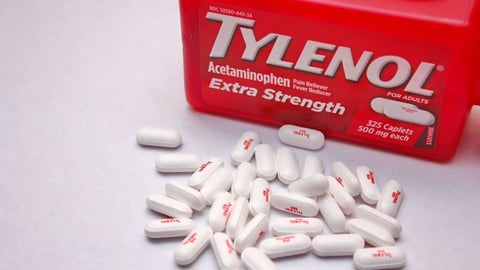Unilever Deepens Quantum Computing Exploration With Microsoft
While still years away from use, Unilever is actively readying for the future of quantum computing within product development.
Tech partners include Microsoft, which this week announced new features available on Azure Quantum Elements that are designed to accelerate science research through generative AI and high-performance computing, and in preparation for quantum computing.
Unilever, a Microsoft partner for the last 2.5 years, is using Azure within its DataLab virtual R&D center and expects these new capabilities to have a tremendous impact, according to a series of statements and videos from the two companies.
With the new capabilities, the CPG can use natural language to query scientific information, and it anticipates slashing the time required to perform computational simulations, including running thousands of lab experiments in the time it typically takes to run a few dozen.
The data can be used to fine-tune models to rapidly screen materials or explore chemical reactions, and Unilever plans to unlock access to the results of hundreds of thousands of new simulations in future modeling.
As one example, Unilever can use a simulation that predicts an outcome based on a molecule’s chemistry, enabling the company to perform a test without needing to manufacture them. The platform is also already expediting the complex and time-consuming process of developing ingredient ratios for Unilever formulators.
The company has gone so far as to say that it expects it will reduce decades of lab work down to just days, with use cases in such consumer product categories as haircare.
Quantum Expectations
While quantum computing carries lofty expectations for its ability to solve complex calculations at almost incomprehensible speeds, it remains years away from mainstream use (with much debate about the timeline). However, even though a fault-tolerant quantum computer may not be available until 2035, some businesses are expected to derive value before then, according to McKinsey & Company, initially from cloud services.
These newest capabilities from Microsoft seek to both set the stage for its use and drive the advancement of AI throughout science research.
Indeed, it will be about three to five years before quantum computing will be of commercial use to Unilever, said Alberto Prado, Unilever global head of R&D digital and partnerships, in a recent interview. For now, the company is building an understanding of the ROI value of the use cases where the technology can drive an advantage so they can be prepared when the time comes.





